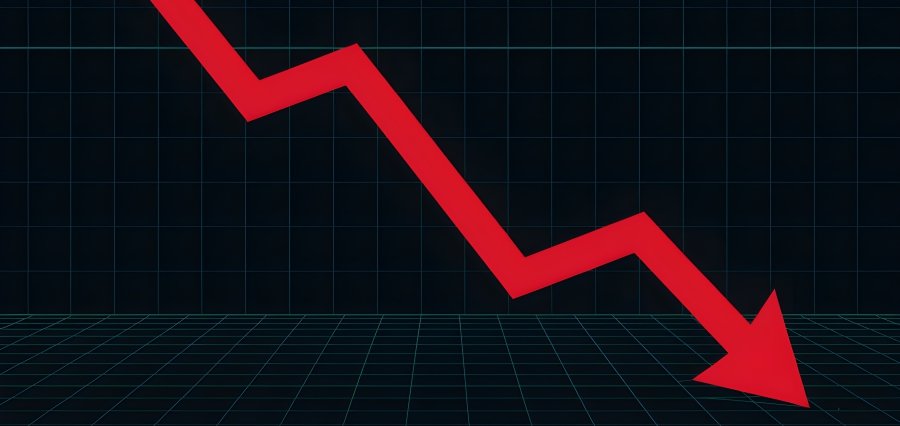Manufacturing activity in Nigeria’s economy, measured by the confidence of its manufacturers, fell in the third quarter of 2024, losing 1.7 points. The Manufacturers Association of Nigeria said aggregate Manufacturers CEOs Confidence Index (MCCI) shed from 51.9 points recorded in Q2 to 50.2 points in Q3.
The drop-in confidence mirrors deteriorating macroeconomic conditions that have made the business environment unattractive. Some of the factors attributed to this decline include high energy prices, increased interest rates, overvalued exchange rates, persistent inflation, and unstable fuel supply that negatively affect manufacturing operations. The MCCI score is still above the 50-point mark at 50.2 points, meaning that there is an anticipation of economic growth. However, it indicates a slight decline in the general economic outlook.
This MAN Q3 report does indicate that all prevailing indices decreased and remained below the 50 point, meaning there is a shrinkage in the business climate. However, the association mentioned the fact that even the foreseen indices for Q4 were declining yet above 50 points, indicating moderate optimism associated with the festivities season, often coming when economic activity increases.
The report also indicated that five of the ten sectoral groups surveyed recorded confidence levels below the 50-point benchmark compared to the previous quarter. The sectors include Domestic/Industrial Plastic and Rubber with 48 points, Food, Beverage and Tobacco with 47.5 points, Motor Vehicle and Miscellaneous Assembly with 44 points, Textile, Apparel and Footwear with 44 points, and Wood and Wood Products with 48 points. The decline in confidence in these sectors is due to the rise in inflationary pressures, high intake of imported products, and government patronage, with a surge in raw material prices.
Regionally, manufacturers in industrial zones like Apapa, Ikeja, Imo/Abia, Oyo/Ondo/Osun/Ekiti, and Rivers/Bayelsa showed more strength despite the challenging operating conditions.
While MAN acknowledged the Central Bank of Nigeria’s (CBN) efforts to check inflation and stabilize the naira, the association emphasized that the current macroeconomic challenges require more than just monetary interventions. It called on the authorities to address the deep-lying causes of Nigeria’s economic problems rather than merely palliative measures. MAN implored both fiscal and monetary authorities to collaborate closely in implementing structural reforms for sustainable growth and a more positive macroeconomic environment.




